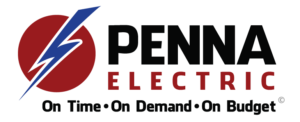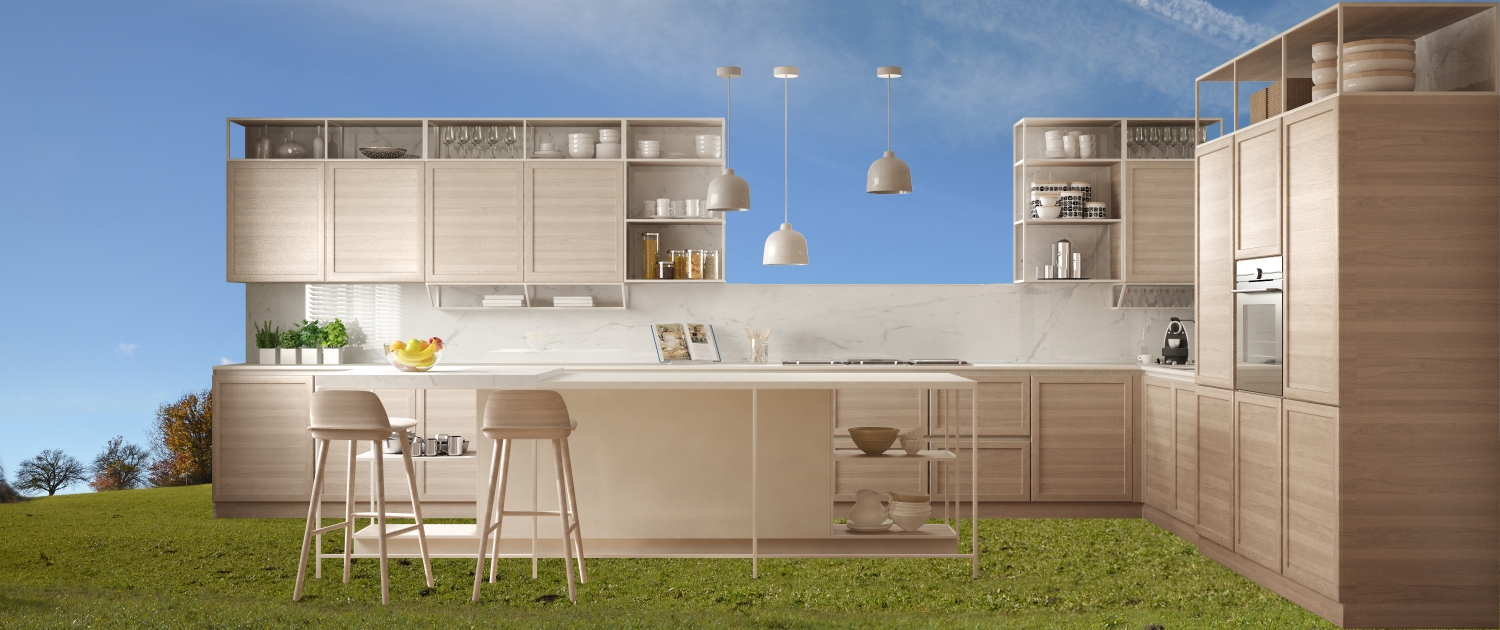4 Outdoor Features Everyone’s Thinking About That Need House Electrical Wiring
Given that lately outside gatherings take place more and more often, topics like the installation of outdoor wiring for features that require electrical connection have significantly grown in popularity. The truth is that there are many ways to create a charming outdoor location where you can relax and host parties. Whether you are looking to create something grand or, on the contrary, you want something simple, house electrical wiring will be involved.
There are several rules that apply for outdoor wiring. Even though some electrical cable types do not have to be enclosed in conduit for a safe outside installation, it’s still a good idea to enclose them. Most of the rules to take into account when considering outdoor wiring are found in the National Electrical Code (NEC). However, the electrical contractor should have knowledge of the specific guidelines. The main safety concerns are issues related to underground burial, shielding from corrosion and moisture and avoiding physical damage.
Electrical safety aside, you can completely transform your outdoor space to make the most out of it, especially now when you’re confined to your living space more than before. Whether you’re looking to entertain small gatherings of friends and family, or just a space for you to enjoy, here are the most popular outdoor features everyone’s thinking about.
1. Hot Tub Power
When it comes to outdoor attractions, hot tubs occupy the leading position. The installation of a hot tub needs to follow specific rules. For one thing, hot tubs need a dedicated power feed with ground fault protection. So, given this detail and the location of the hot tub with the electrical panel, the actual wiring of the hot tub can get very complicated.
This is not a DIY type of task, so be sure to have a licensed electrical contractor to offer advice and take care of the actual installation in a safe manner. In addition, an electrical contractor will do the work up to code, so you don’t have to worry about permits or anything else.
No matter how fun or relaxing hot tubs or even backyard spas can be, the installation needs to conform to specific electrical rules and guidelines, which are all listed in the NEC. For hot tubs or full-sized spas, the National Electrical Code requires:
- a manual disconnect device, often known as the spa panel, installed between the spa and your home’s electrical breaker;
- hard-wiring the spa into a GFCI-protected 220 to 240V ground fault circuit interrupter, with a 50- or 60-amp dedicated circuit.
Avoid filling up the hot tub until it is wired and properly inspected by a licensed electrician. Electricity and water are a dangerous combo, so be careful. In fact, most electrical codes specify that hot tubs should be at least 5 feet from overhead power lines. Also, before the hot tub installation, make sure that your home’s electrical service can handle the extra load.
2. Ponds & Fountains
Undoubtedly, backyard water features like ponds, fountains or pools can bring a huge improvement to your outdoor space, adding beauty and tranquillity. Plus, they can easily increase your property’s market value. This is why it’s no wonder they’ve increased in popularity.
If you decide to install water features, be it a pool or a pond, make sure to discuss your plans with a professional landscape advisor and consult a licensed electrician in terms of power supplies for pumps and pond lighting.
Article 680 of the National Electrical Code specifically refers to swimming pools, fountains, and similar installations like fountains and splash pads, offering insights into the grounding and wiring of such installations.
Grounding
The NEC has clear specifications regarding the equipment which requires grounding:
- through-wall lighting assemblies and underwater luminaries, excluding low voltage lighting products listed for the application without an equipment grounding conductor;
- all electrical equipment which is located with 5ft ( 1.5m) of the inside wall of the specified body of water;
- transformer and power supply enclosures;
- junction boxes;
- ground -fault circuit interrupters;
- panel boards, which are not part of the service equipment and which supply any electrical equipment associated with the specified body of water.
Wiring
In terms of wiring, the NEC states that underground wiring within 5ft ( 1.5m) from the inside wall of the pool is allowed.
The suitable wiring methods are as follows:
- rigid metal conduit
- intermediate metal conduit
- reinforced thermosetting resin conduit
- rigid polyvinyl chloride conduit
- jacketed type MC cable, listed for burial use
- liquidtight flexible nonmetallic conduit, listed for direct burial use
- liquidtight flexible metal conduit, listed for direct burial use
Additionally, underground wiring is not permitted under the pool unless this wiring is necessary to supply pool equipment.
The NEC also provides the minimum cover requirements specific for wiring methods and raceways from zero to 1000 volts.
3. Outdoor Kitchen & Dining
Given the current global situation, sparked by Covid-19 and its fast transmission, the demand for outdoor cooking and dining spaces has never been greater. Although socializing has suffered a few changes, relaxing and entertaining outdoors with friends and family isn’t bad at all. Plus, when planning a project to expand living spaces outside and having to install electrical wiring, you might discover that this is the perfect opportunity to meet other power needs like:
- outlets for charging electronics
- a gas fireplace
- media equipment
- small appliances such as a coffee maker and blender
- rotisserie
- beverage fridge
Each of these needs has special requirements. For instance, if you are thinking of installing a natural gas grill in your outdoor kitchen since they are so convenient and easy to use, you will need to have a gas line available. You’ll require the assistance of a plumbing professional to help you run the gas line and connect the grill.
Also, an outdoor kitchen includes a sink, which means that you will need a water line, either fed through a hose or connected to your home water supply.
All the appliances you are planning on installing require electricity to function, which means that you should include several electrical outlets, preferably ground fault circuit (GFCI) types.
4. Outdoor Lighting
Lighting is something you need to consider when setting up an outdoor location.This is the element that can really transform any space and make it shine. LED technology gives you access to endless weatherproof options so you can beautifully illuminate any outdoor space.
You can choose from a vast array of lighting options, from mood setting lights to highlighting features and more. With people spending more and more time outdoors these days, outdoor lighting has become more than just hanging a few lights or lanterns. It has become a complex project, often involving complex house electrical wiring. Contact and consult a licensed electrical contractor when planning such a project.
A Simple Electrical Upgrade Can Upgrade Your Quality of Life
The right electrical upgrade can dramatically improve the value and appearance of any home or business. You’ll be amazed at what a difference the right electrical upgrade can make for your home or business. Make sure that when you select an electrical company to do the enhancement of your home and you have decided to take your enhancement to the level where you require an electrical upgrade that the technician at the company has a good working knowledge and the experience to properly guide you in this area.
When you decide to upgrade, our well-trained and certified electricians have all the experience and training needed to complete your electrical panel upgrade project from start to finish, with a minimum of fuss or disturbance. Please contact us right away at 310-800-2401







